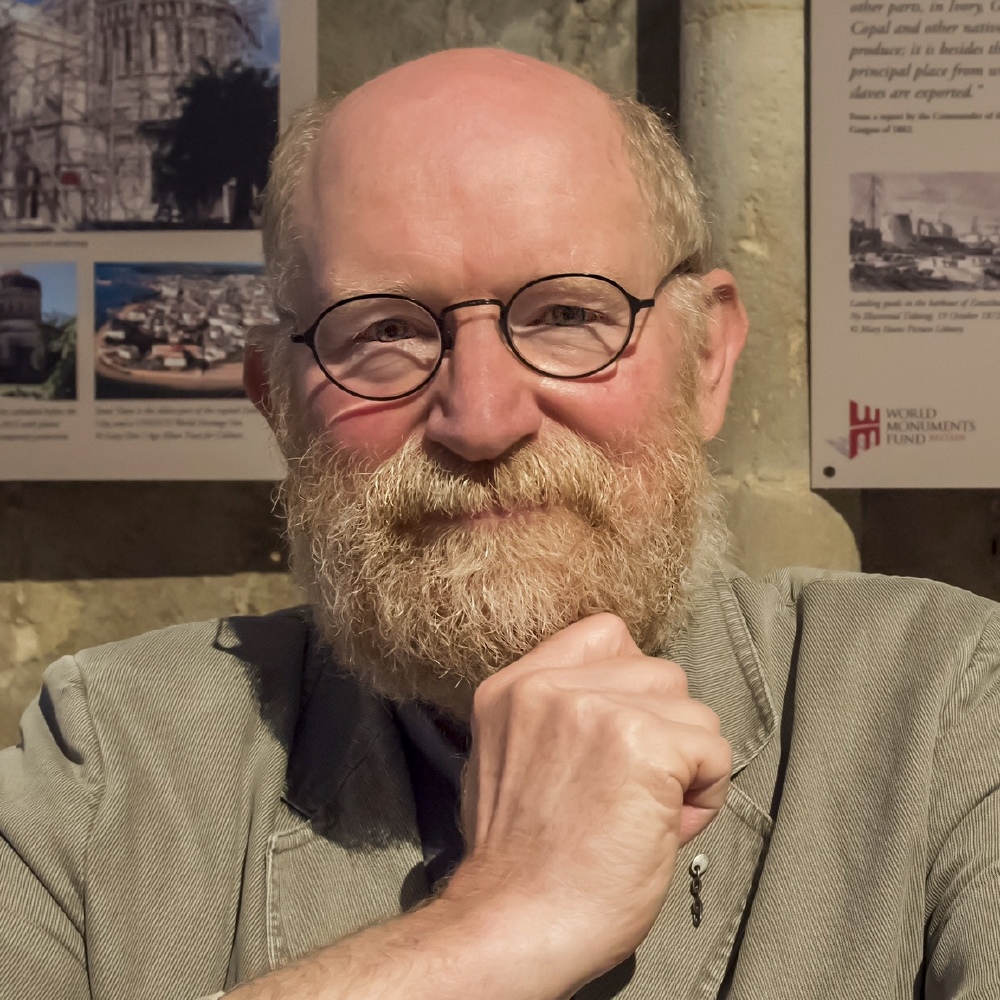I walk slowly down the cemetery path towards the grave. Alongside me is Richard, our local funeral director. Behind us the hearse bears the body of an elderly woman whom we are soon to bury. Richard, like everyone in East Barnwell, knows that my 21-year-old son, Tom, is dying of cancer. He articulates what so many of my parishioners are thinking. He says: ‘What is this doing to your faith, Alan?’

Alan Hargrave
One of the problems of being the vicar is that you are a public figure. There is no retreating quietly into your own struggles and grief. Everyone is watching you. More so on a council estate like this, where people wrestle with difficult, often chaotic, lives. They look to the vicar for faith and strength: ‘Hi Alan. Say one for me!’ But now they look anxious as they ask me how Tom is and, more importantly for them, how I am. ‘What is this doing to your faith, Alan?’ It is a question I ask myself. Like Job, I cry out to God for answers. I plead and try to bargain with God. But like so much of Job’s experience, and that of countless others, I find that God is silent.
I ask myself: ‘What is the bottom line? What can I believe, now?’ At first, I think of a verse my friend, a Methodist Minister, is fond of quoting: ‘Love never ends.’[1]. I ache with love for Tom, with the anguish of seeing him in pain and the dread of losing him. Surely not even death can destroy the power of such love? For a while this is my bottom line: ‘Love never ends.’
But I am a pessimist by nature and that conviction does not last. What if love does end? What if God is, as Richard Dawkins insists, just a delusion, created to fit our need for meaning? What if death is the end? I cannot answer this question and am aware that my answers, in any case, vary from day to day, depending on how I’m feeling. So, I struggle on, trying to be faithful to my calling, because, even if God does not exist, the values of the gospels, the teaching of Jesus, the way of life which loves neighbour and stranger above self, which is committed to working for justice, for peace, for the powerless, for love to triumph over evil – these things are surely worth fighting for, whether God exists or not?
Months later, after Tom has died, I am playing golf with my mate, Michael. He asks me: ‘Does it help you to think that Tom is safe in God’s hands and that you will see him again?’ ‘To be honest’ I reply ‘I have no assurance about what happens after death, much less whether I will ever see Tom again.’ He stops and turns to look at me. ‘Oh Alan’ he exclaims ‘Don’t worry about that! I believe passionately in life after death and that Tom is safe in God’s loving arms. I am certain that you will see him again. And if you can’t believe it at the moment – don’t worry – I’ll believe it for you.’ What joyous relief! What deliverance from the individualism of our age. Not to have to believe everything for myself! To be able to be part of the communion of saints, past and present, who will surround me, support me, pray for me and even believe for me, when I am spent, and can do none of it for myself. They will believe for me, as I struggle in the mess, until that day when, hopefully, the sky clears, the light shines, and the wounded, risen Christ becomes real to me, once more.
Alan Hargrave, July 2017.

Some of the above article is extracted from ‘One for Sorrow’, SPCK 2017. Alan is the author.
[1] 1 Corinthians 13:8. See also Song of Song 8:6,7

